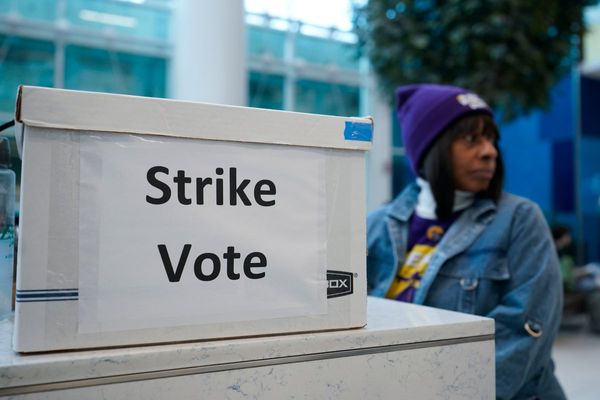
As the Senate gears up for January, the focus will be on confirming President-elect Donald Trump's nominees swiftly. Due to not being in control of the Senate and Trump not taking office until January 20, the Senate will be in a rush to confirm as many nominees as possible.
In the past, Trump faced challenges in assembling his Cabinet due to a lack of personnel and infrastructure. This time, he is selecting nominees aligned with his movement, which may ease the confirmation process but also create some controversies.
Republicans aim to expedite confirmation hearings in early January, with the Senate having a rocket docket in 2025. However, Democrats plan to pose obstacles, insisting on due diligence for nominees and raising concerns about recess appointments.



Republicans, with a majority in the Senate, need 51 votes to overcome a filibuster and confirm nominees. Potential defectors within the GOP could impact the confirmation process, with key senators like McConnell, Murkowski, and Collins being closely watched.
The Senate's dynamics under incoming President Trump will be closely monitored, especially regarding confirmations and potential retribution for dissenting voices.
Overall, January will be a critical period for Senate confirmations, shedding light on the Senate's stance under the new administration.







